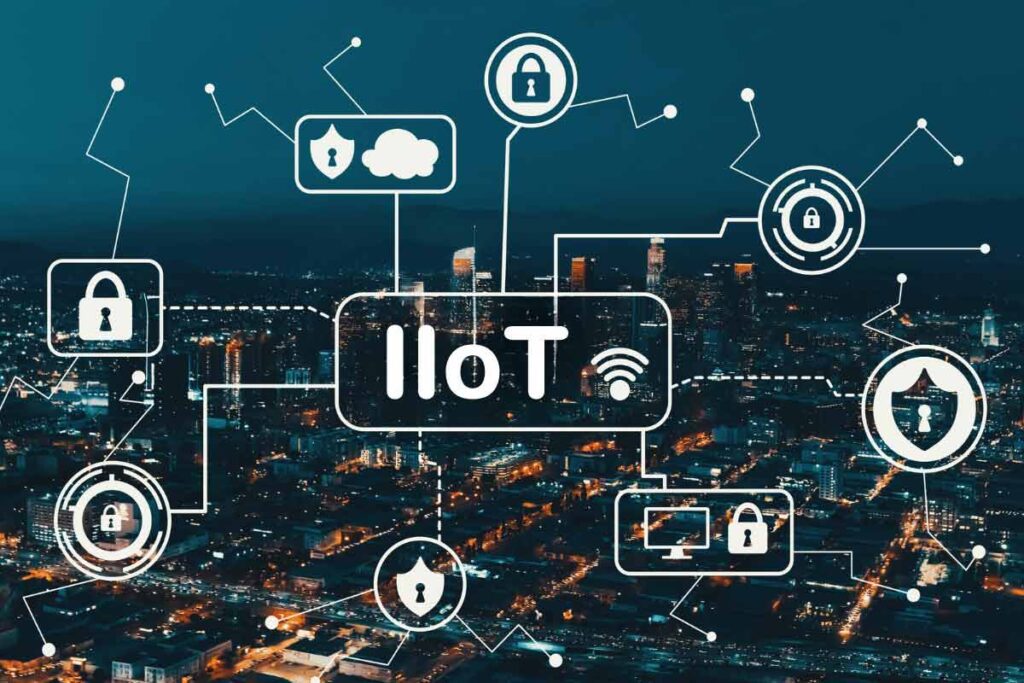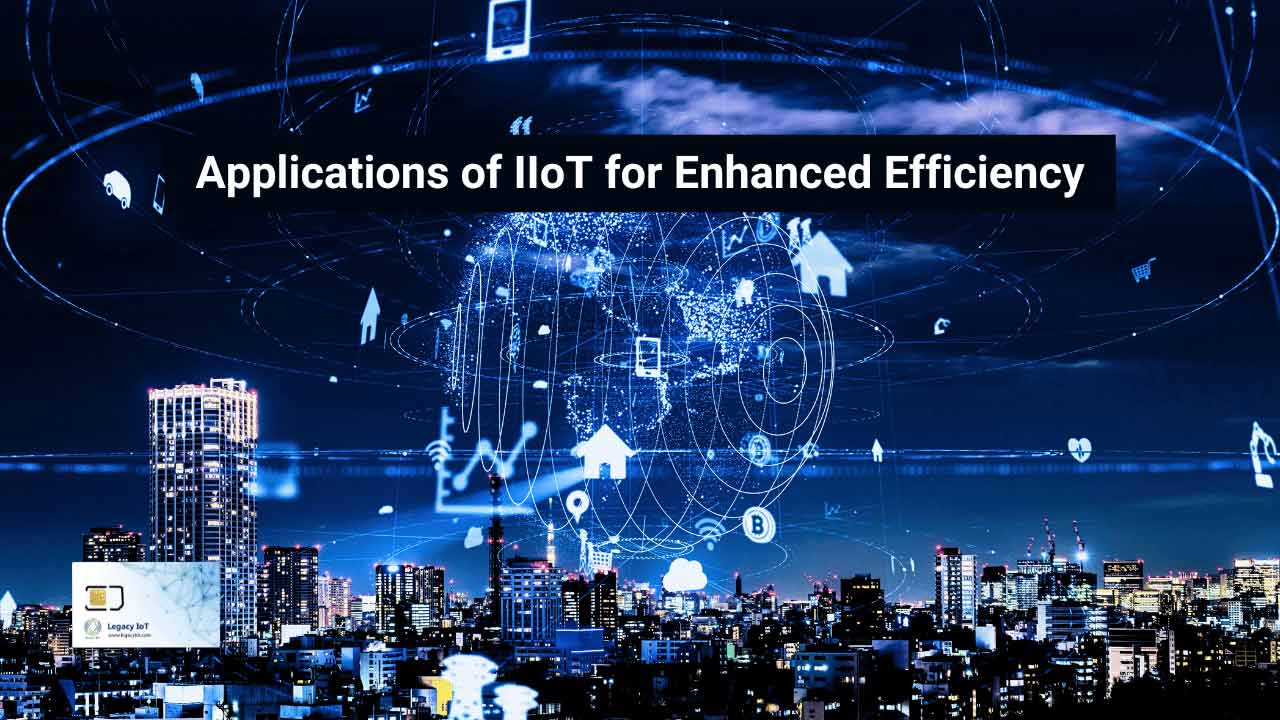Introduction
In the realm of technological advancements, the Industrial Internet of Things (IIoT) stands as a pivotal innovation reshaping the landscape of industrial operations across various sectors.

This interconnected network of devices, sensors, and machinery promises to revolutionize how industries function, offering unprecedented efficiency, productivity, and insights. From manufacturing to healthcare, transportation to agriculture, the applications of IIoT are vast and transformative, heralding a new era of interconnectedness and automation.
Manufacturing Excellence
Within the manufacturing sector, IIoT applications play a central role in optimizing production processes, minimizing downtime, and enhancing overall efficiency. Through the integration of sensors and smart devices across the production line, manufacturers gain real-time insights into equipment performance, predictive maintenance capabilities, and product quality control. This proactive approach enables businesses to streamline operations, reduce costs, and improve output, thereby fostering a competitive edge in the market.
Smart Supply Chain Management
Applications of IIoT facilitate the creation of interconnected supply chains, enabling seamless communication and collaboration among stakeholders. By tracking goods in transit, monitoring inventory levels, and analyzing data in real-time, organizations can optimize logistics and fleet operations, minimize delays, and mitigate risks.
Furthermore, IIoT enables predictive analytics, allowing businesses to anticipate demand fluctuations, optimize inventory levels, and ensure timely delivery of goods, thereby enhancing customer satisfaction and loyalty.
Enhanced Asset Management
Asset-intensive industries such as oil and gas, utilities, and mining stand to benefit significantly from IIoT applications. By deploying sensors and monitoring devices on critical assets such as machinery, vehicles, and infrastructure, organizations can remotely track performance metrics, detect anomalies, and preemptively address potential issues.
This proactive maintenance approach reduces unplanned downtime, extends asset lifespan, and enhances operational efficiency, resulting in substantial cost savings and improved resource utilization.
Sustainable Agriculture
In the agricultural sector, applications of IIoT present transformative opportunities to enhance productivity, optimize resource allocation, and promote sustainability. With the Legacy IoT deploying sensors in fields, livestock, and agricultural equipment, farmers can monitor soil moisture levels, crop health, and livestock conditions in real-time.
This data-driven approach enables precision farming techniques, allowing for targeted irrigation, fertilization, and pest control measures. Furthermore, IIoT facilitates predictive analytics, enabling farmers to anticipate weather patterns, optimize planting schedules, and mitigate risks associated with climate variability.
Healthcare Innovation
In healthcare, applications of Industrial Internet of Things are revolutionizing patient care, clinical operations, and medical research. Through the integration of wearable devices, remote monitoring systems, and healthcare analytics platforms, healthcare providers can remotely monitor patient vital signs, track medication adherence, and personalize treatment plans.
Moreover, IIoT enables the creation of interconnected healthcare ecosystems, facilitating seamless data exchange among providers, payers, and patients. This interoperability fosters care coordination, improves clinical decision-making, and enhances patient outcomes, thereby revolutionizing the healthcare landscape.
Transportation Efficiency
The transportation sector stands to benefit immensely from IIoT applications, particularly in terms of fleet management, logistics optimization, and passenger safety. By equipping vehicles with sensors, GPS tracking systems, and telematics devices, transportation companies can monitor vehicle performance, optimize route planning, and enhance fuel efficiency through m2m sim card.
Furthermore, IIoT enables predictive maintenance capabilities, allowing for preemptive repairs and minimizing vehicle downtime. Additionally, IIoT enhances passenger safety through real-time monitoring of vehicle conditions, driver behavior, and road conditions, thereby reducing the risk of accidents and improving overall transportation efficiency.
Energy Management
In the energy sector, applications of IIoT are driving innovation in energy generation, distribution, and consumption. By deploying sensors and smart meters across the energy infrastructure, utilities can monitor energy consumption patterns, detect inefficiencies, and optimize energy distribution networks.
Furthermore, IIoT enables demand response capabilities, allowing utilities to dynamically adjust energy supply in response to fluctuating demand and grid conditions. This demand-side management approach enhances grid stability, reduces energy waste, and promotes sustainability, thereby facilitating the transition to a smarter and more efficient energy ecosystem.
Conclusion
The applications of Industrial Internet of Things are vast and diverse, spanning across industries and revolutionizing traditional business models and operational processes. From manufacturing and supply chain management to healthcare and transportation, IIoT offers unprecedented opportunities for efficiency, productivity, and innovation.
By harnessing the power of interconnected devices, sensors, and analytics, organizations can unlock new insights, optimize performance, and drive sustainable growth in the digital age. As the adoption of IIoT continues to proliferate, businesses must embrace this transformative technology to stay competitive and thrive in an increasingly interconnected world.
Want to know About the internet of things in detail?





